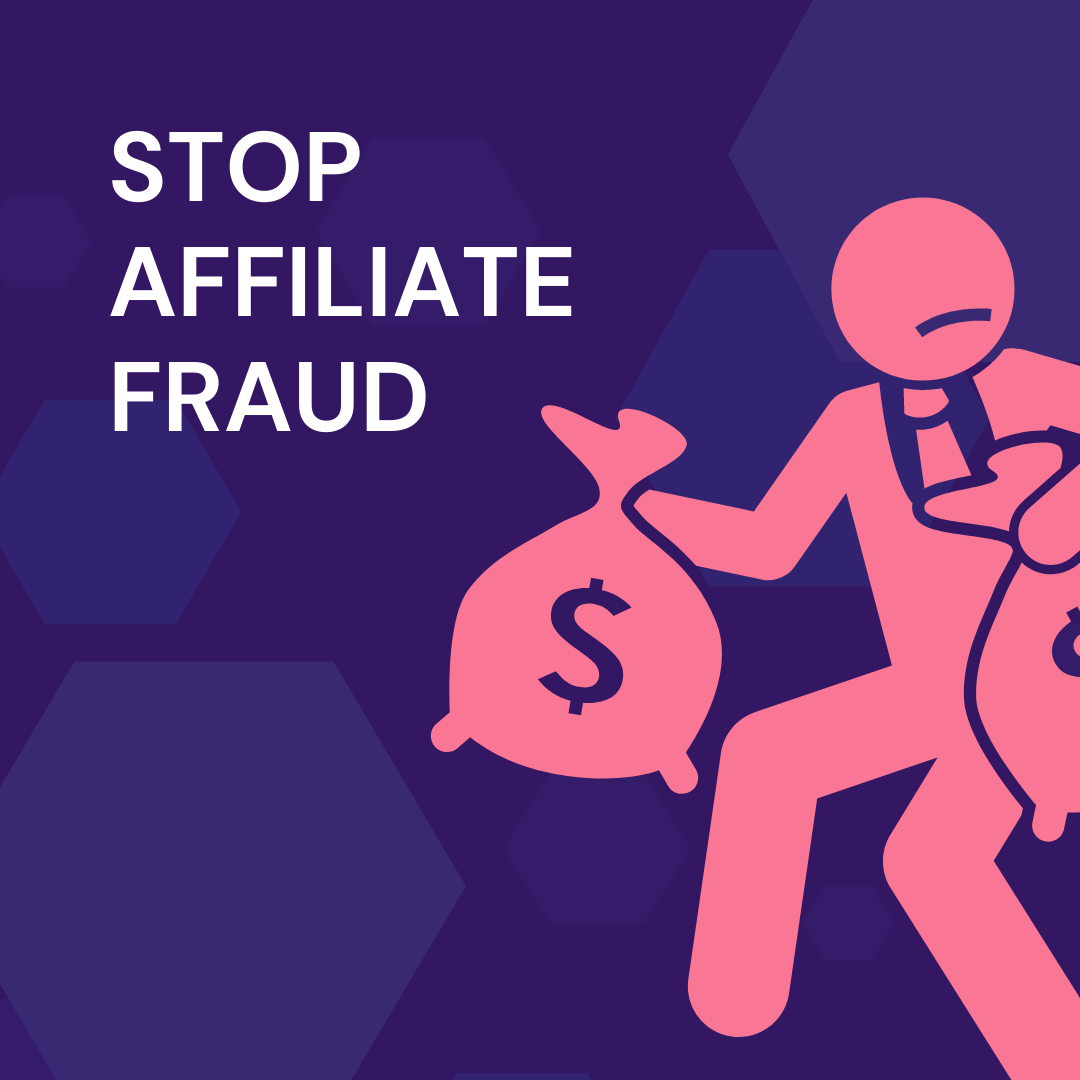TL;DR
This article outlines effective measures to prevent affiliate marketing fraud, a problem that is currently eating up 20% of affiliate marketing budgets, according to recent reports. Various fraudulent techniques like Click Jacking, Malicious Adware, and Cookie Stuffing are explained. Click Jacking sneaks visitors to unwanted locations by deceiving them into clicking disguised elements. It is advisable for merchants to use residential proxies to automate affiliate page tracking and counter this.
Essentially unfair commissions emanate from Malicious Adware, often installed as popups on your PC. If not careful, it can lead to inflated, unprofitable traffic. Cookie Stuffing is another long-standing problematic fraud, wherein fraudsters sign up for multiple affiliate offers, and then later get the third-party cookies installed on visitors’ browsers.
Preventing affiliate fraud on a large scale unveils challenges like monitoring, adjusting for specific ad geographies, and remaining undetected while scrutinizing publishers’ landing pages. Using residential proxies and mobile proxies can help solve this by providing an abundance of IP addresses.
The bottom line is, cautiously monitoring supplier activities and implementing foolproof strategies can help in tackling Affiliate Fraud effectively.






















